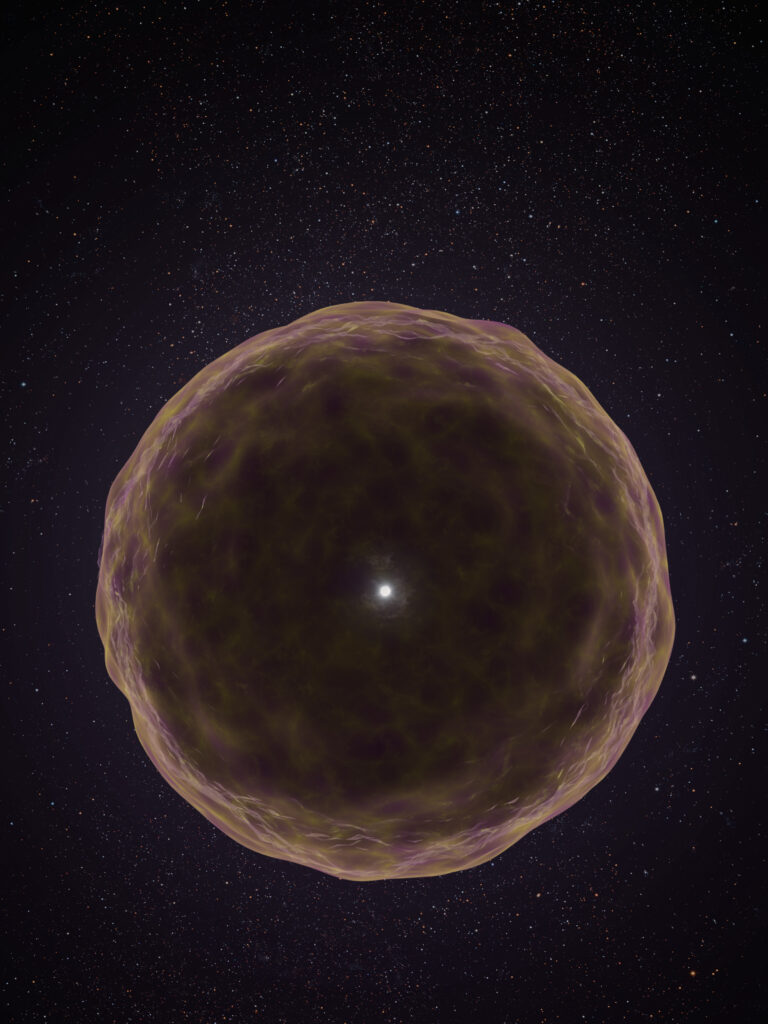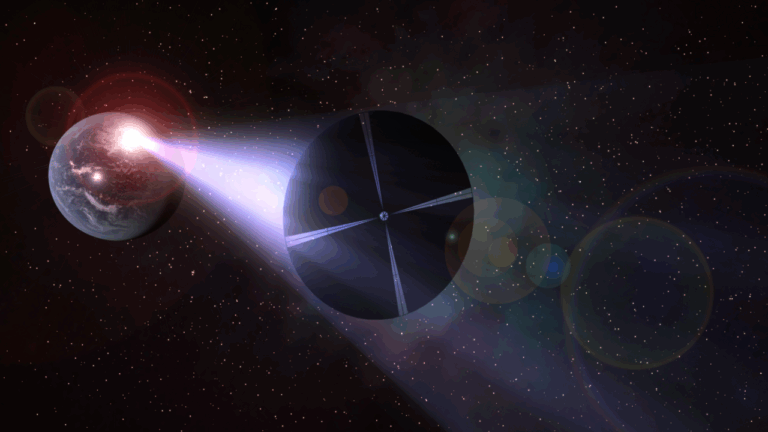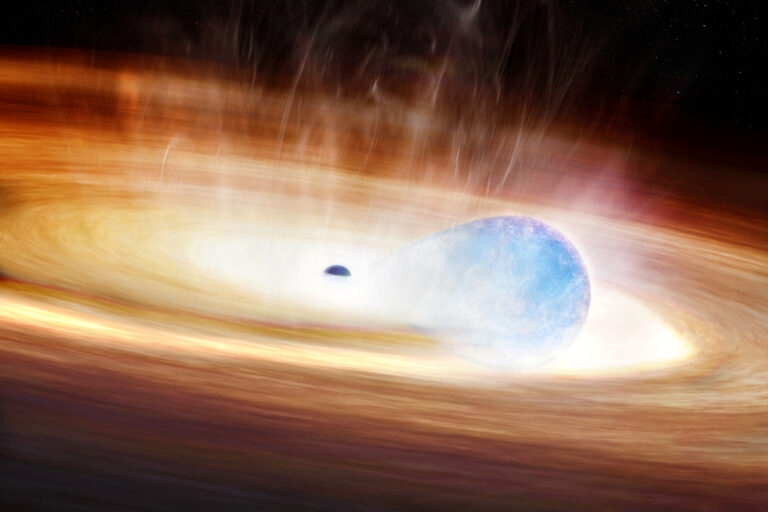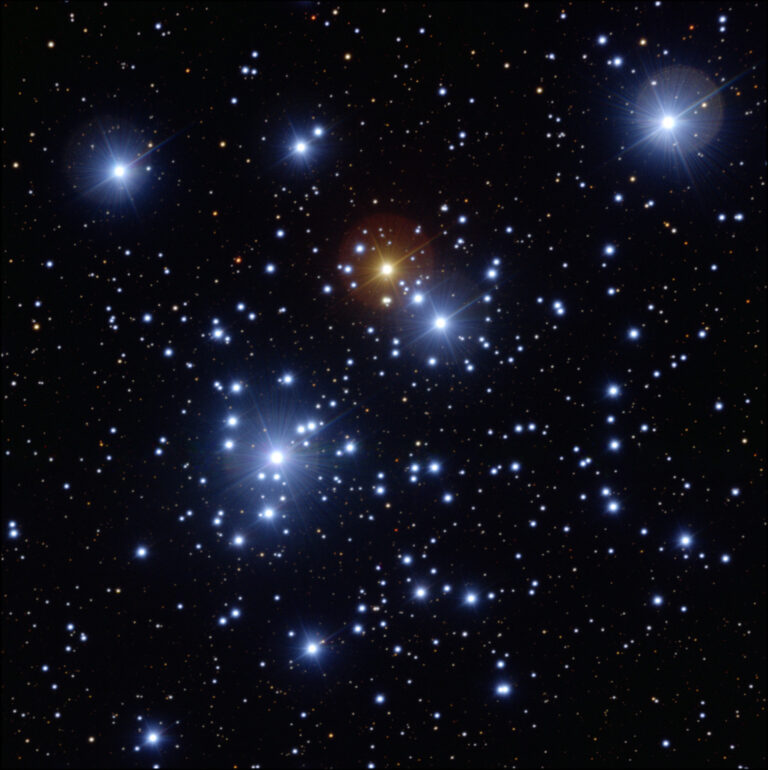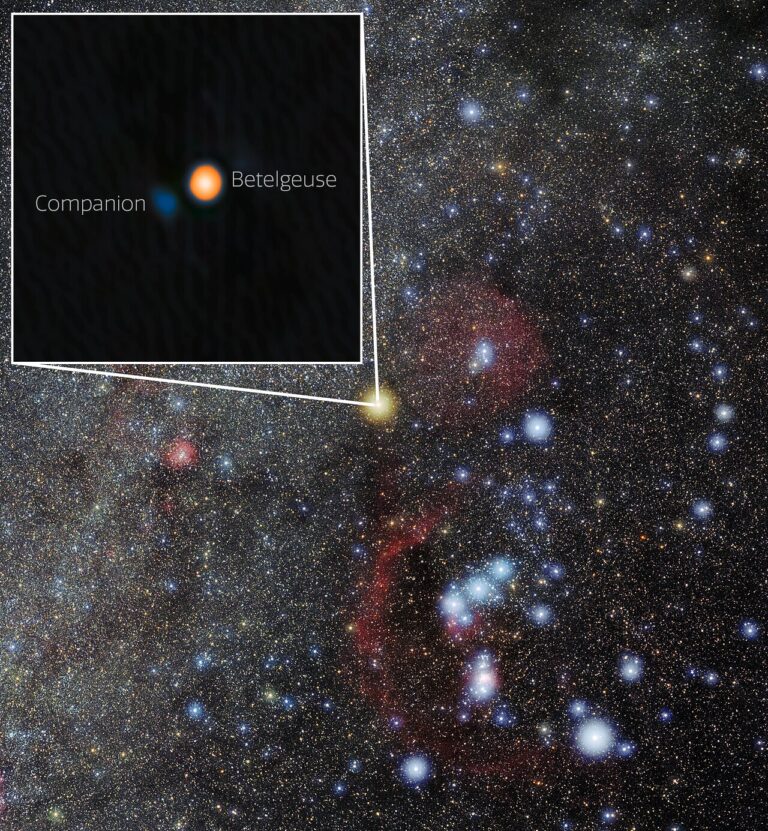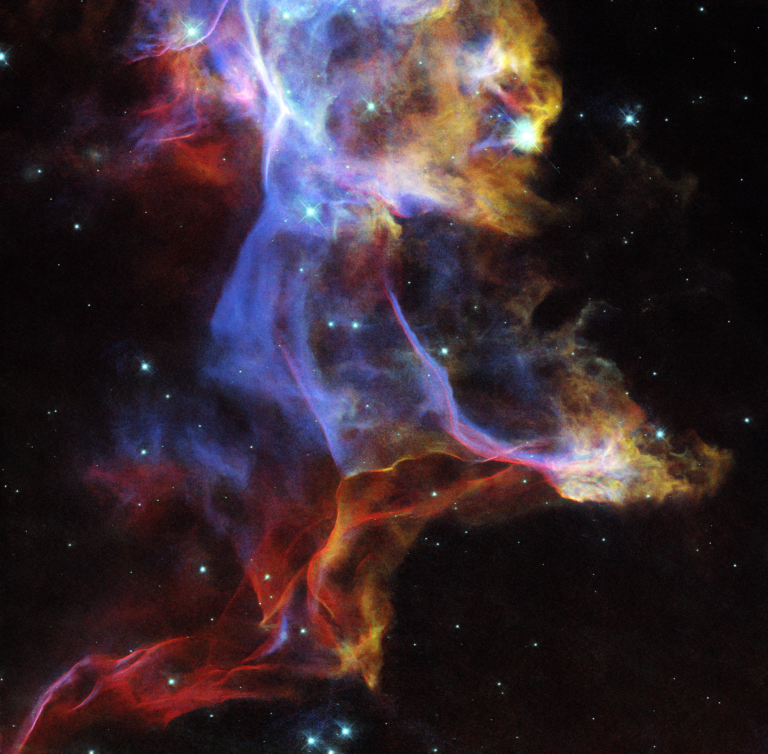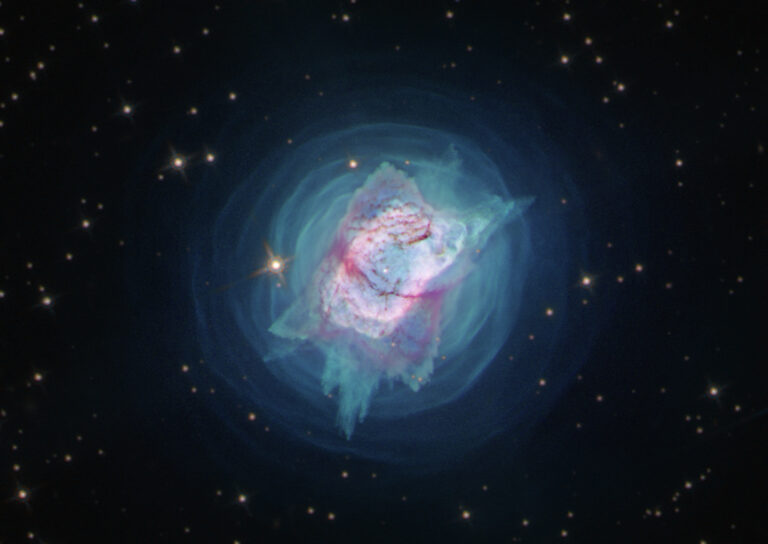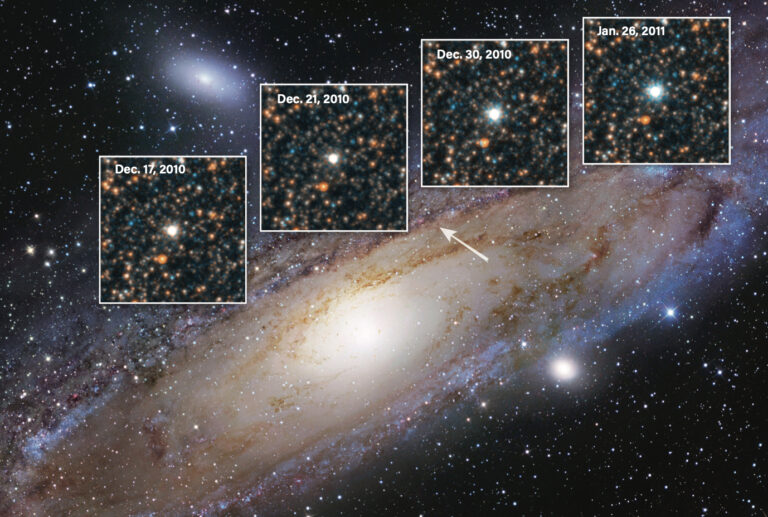Key Takeaways:
A: Betelgeuse is a red supergiant star some 650 light-years away. Although it underwent some interesting — and noticeable — changes in brightness recently, astronomers still aren’t sure when exactly in the next 100,000 years or so it will explode as a supernova. But they do know it will explode and can estimate how bright it will become.
Currently, Betelgeuse is about the 10th-brightest star in the sky, shining at magnitude 0.58. When it goes supernova, it will experience a few different phases, first brightening for a short period of time, then fading slightly before again brightening more slowly, and finally fading for good. In the first phase, Betelgeuse would flare up quickly to appear brighter than Venus, but only for a few moments. It would then fade to a few times its current brightness, before slowly brightening again over the course of about a week. Estimates vary, but ultimately, Betelgeuse could shine roughly as bright as the Full Moon, although it might appear even brighter because the Moon’s light is spread out over about 0.5° on the sky, while Betelgeuse would appear only as a point source. It will be visible during the day and, at night, likely cast shadows similar to those from the Full Moon. The star will certainly appear as the brightest point in the sky until it finally begins to fade a few weeks later.
Many observers know that looking at the bright Moon through a telescope without a filter, especially with dark-adapted eyes, can be a bit uncomfortable and certainly ruin your night vision. Even at its brightest, though, Betelgeuse would not damage your eyes, with or without a telescope.


